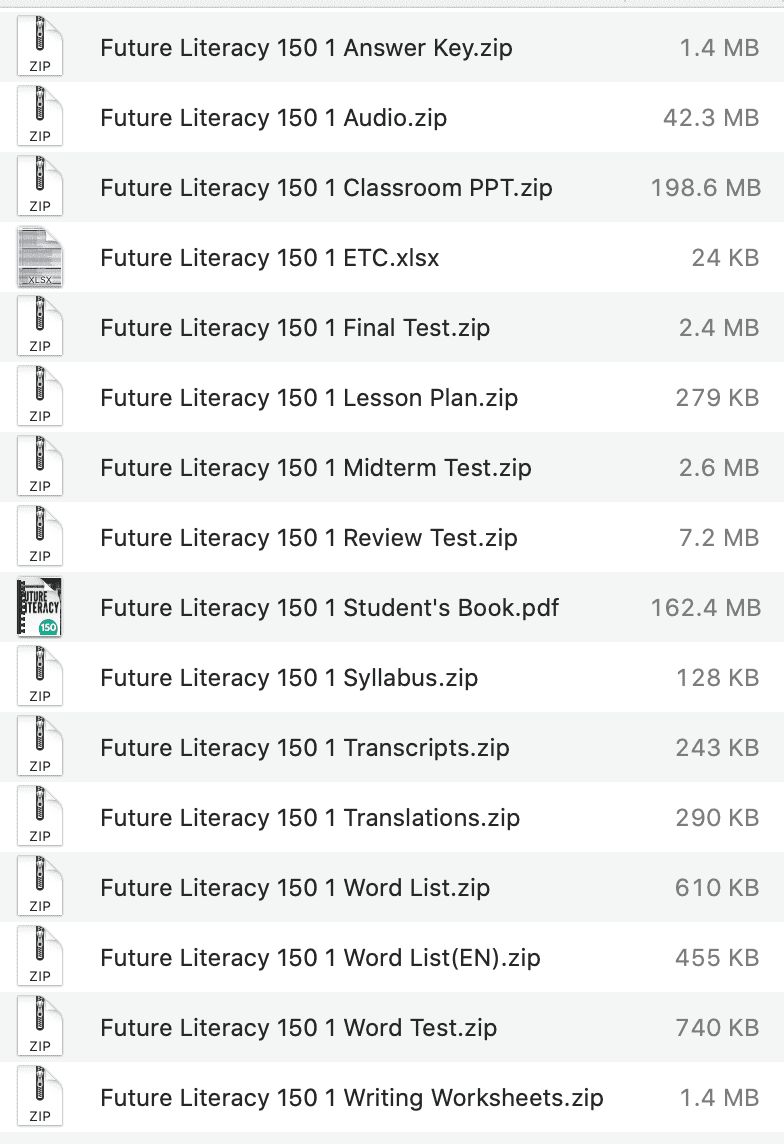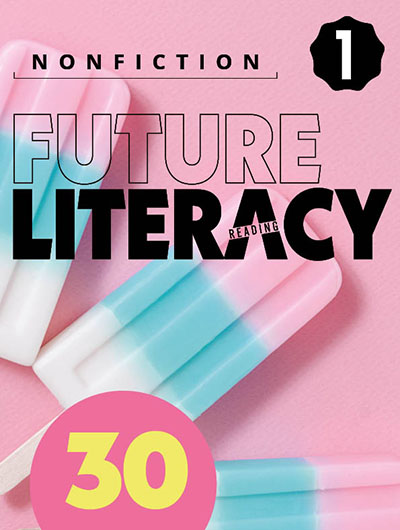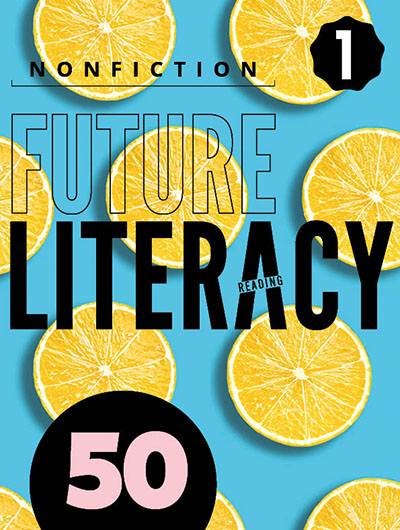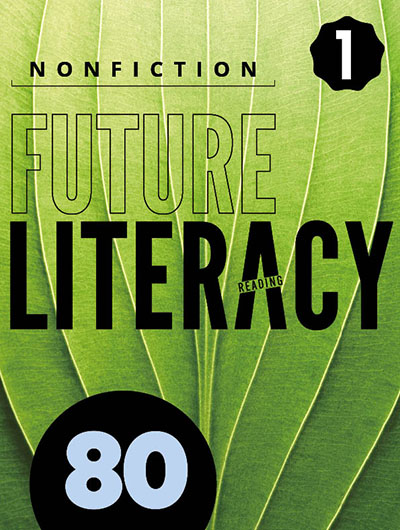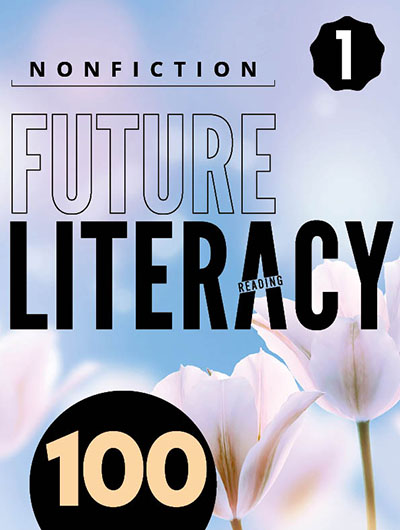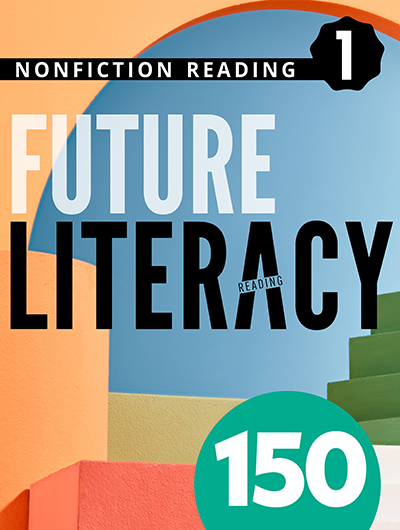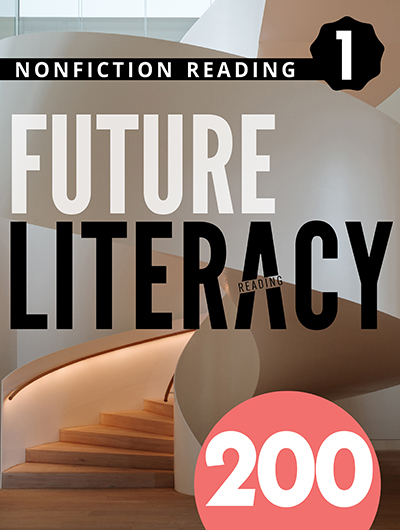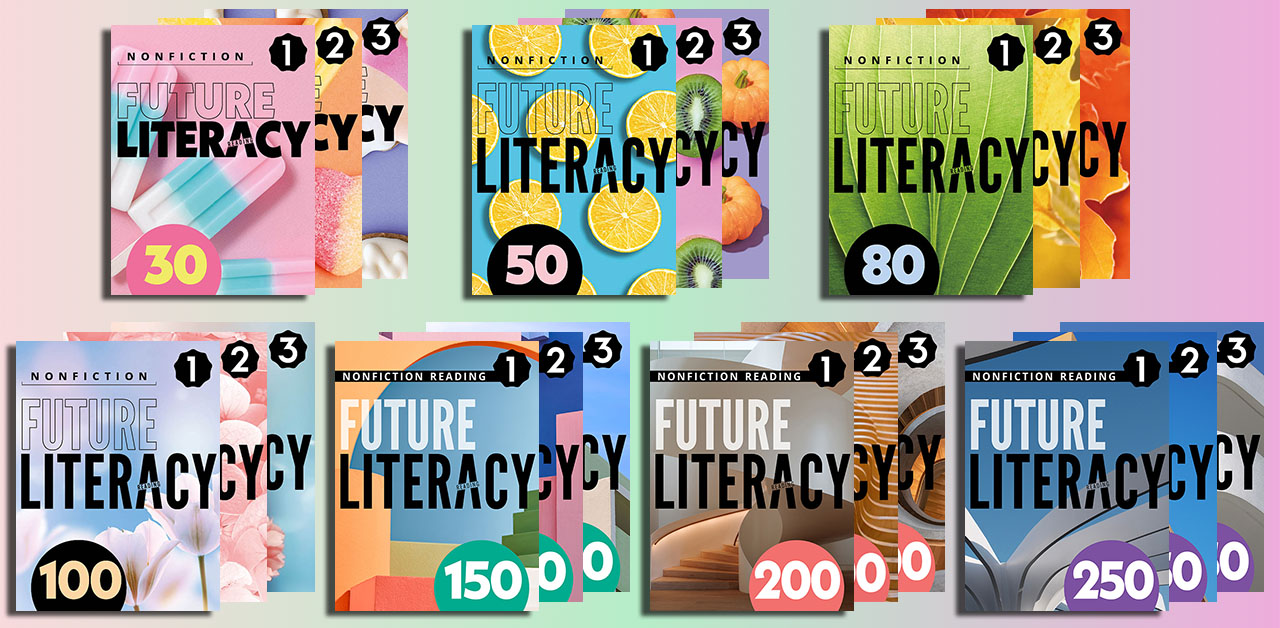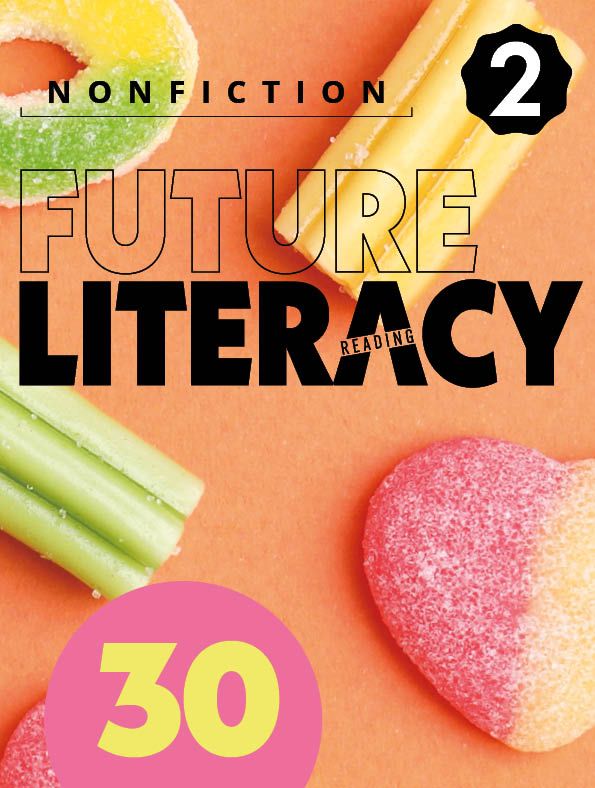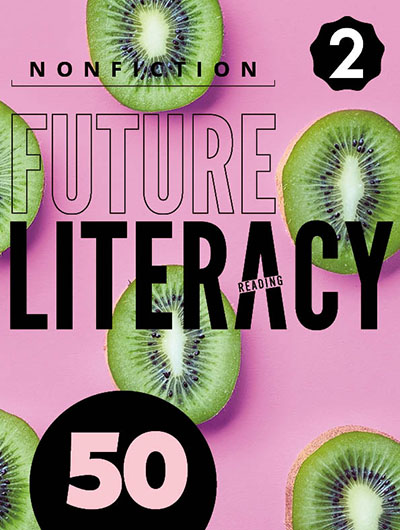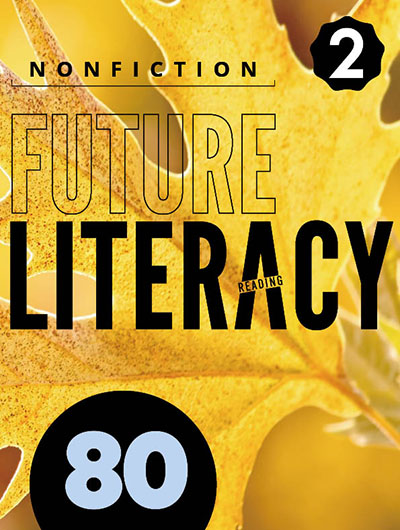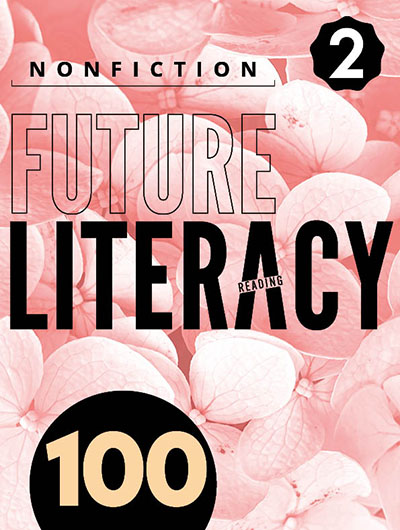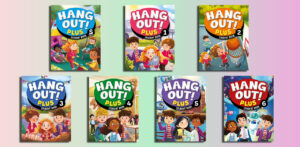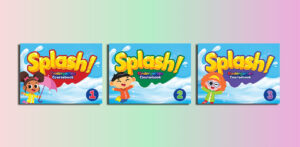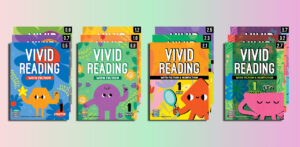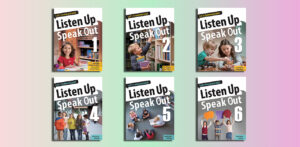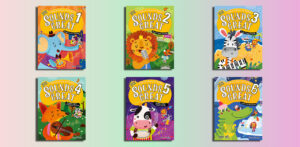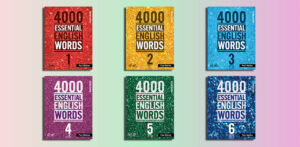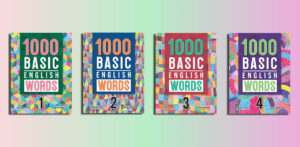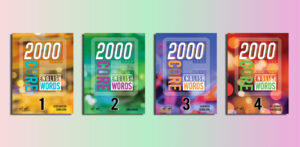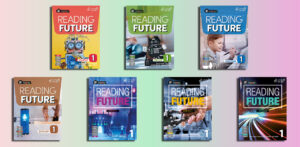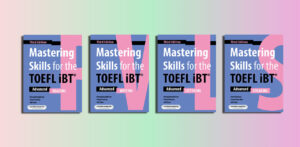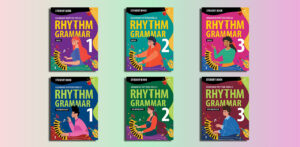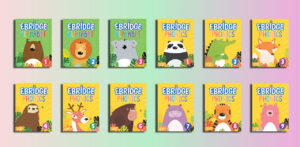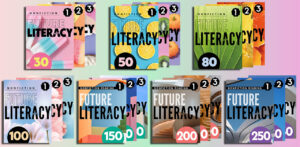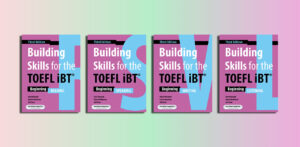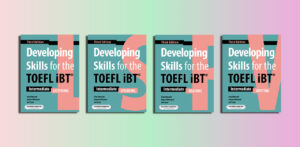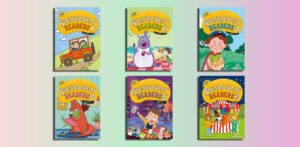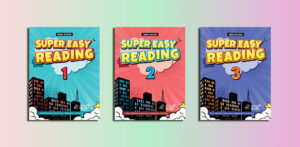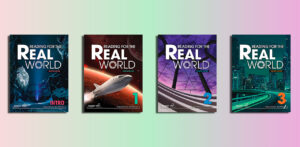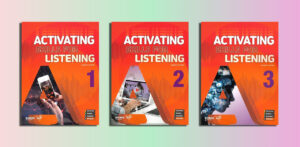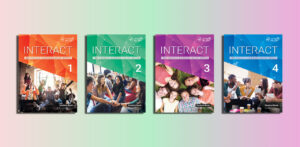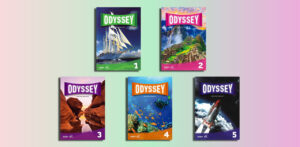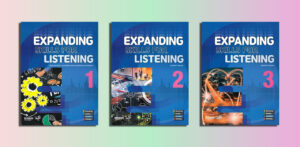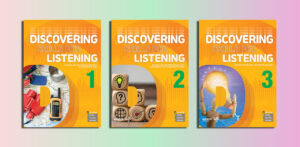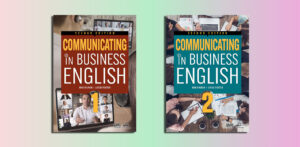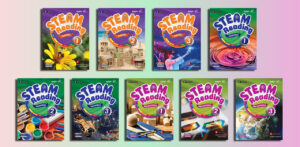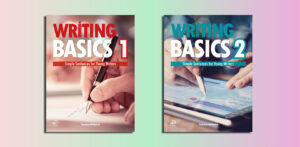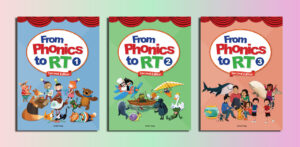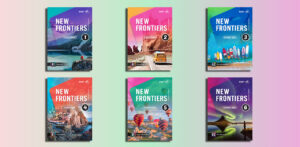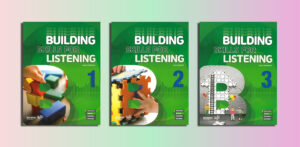Future Literacy 30 50 80 100 150 200 250 (PDFs, Resources)
“Future Literacy 30” Level (Pre A1)
Future Literacy 30 1 Student Book.pdf – Sample: Click
Future Literacy 30 2 Student Book.pdf – Sample: Click
Future Literacy 30 3 Student Book.pdf – Sample: Click
Answer Key – Audio – Classroom PPT – ETC – Final Test – Lesson Plan – Midtern Test – Review Test – Syllabus – Transcripts – Translations – Word List – Word Test – Writing Worksheets
“Future Literacy 50” Level (A1)
Future Literacy 50 1 Student Book.pdf – Sample: Click
Future Literacy 50 2 Student Book.pdf – Sample: Click
Future Literacy 50 3 Student Book.pdf – Sample: Click
Answer Key – Audio – Classroom PPT – ETC – Final Test – Lesson Plan – Midtern Test – Review Test – Syllabus – Transcripts – Translations – Word List – Word Test – Writing Worksheets
“Future Literacy 80” Level (A1)
Future Literacy 80 1 Student Book.pdf – Sample: Click
Future Literacy 80 2 Student Book.pdf – Sample: Click
Future Literacy 80 3 Student Book.pdf – Sample: Click
Answer Key – Audio – Classroom PPT – ETC – Final Test – Lesson Plan – Midtern Test – Review Test – Syllabus – Transcripts – Translations – Word List – Word Test – Writing Worksheets
“Future Literacy 100” Level (A1 – A1+)
Future Literacy 100 1 Student Book.pdf – Sample: Click
Future Literacy 100 2 Student Book.pdf – Sample: Click
Future Literacy 100 3 Student Book.pdf – Sample: Click
Answer Key – Audio – Classroom PPT – ETC – Final Test – Lesson Plan – Midtern Test – Review Test – Syllabus – Transcripts – Translations – Word List – Word Test – Writing Worksheets
“Future Literacy 150” Level (A1+)
Future Literacy 150 1 Student Book.pdf – Sample: Click
Future Literacy 150 2 Student Book.pdf – Sample: Click
Future Literacy 150 3 Student Book.pdf – Sample: Click
Answer Key – Audio – Classroom PPT – ETC – Final Test – Lesson Plan – Midtern Test – Review Test – Syllabus – Transcripts – Translations – Word List – Word Test – Writing Worksheets
“Future Literacy 200” Level (A1+ – A2)
Future Literacy 200 1 Student Book.pdf – Sample: Click
Future Literacy 200 2 Student Book.pdf – Sample: Click
Future Literacy 200 3 Student Book.pdf – Sample: Click
Answer Key – Audio – Classroom PPT – ETC – Final Test – Lesson Plan – Midtern Test – Review Test – Syllabus – Transcripts – Translations – Word List – Word Test – Writing Worksheets
“Future Literacy 250” Level (A2 – A2+)
Future Literacy 250 1 Student Book.pdf – Sample: Click
Future Literacy 250 2 Student Book.pdf – Sample: Click
Future Literacy 250 3 Student Book.pdf – Sample: Click
Answer Key – Audio – Classroom PPT – ETC – Final Test – Lesson Plan – Midtern Test – Review Test – Syllabus – Transcripts – Translations – Word List – Word Test – Writing Worksheets
Overview of the “Future Literacy”
Contents
| ✅ Coursebook: | Future Literacy 30 – 50 – 80 – 100 |
| ✅ Publisher: | Compass Publishing |
| ✅ Levels: | Pre A1, A1, A1+, A2, A2+ |
| ✅ English type: | International English |
| ✅ Skill: | Reading |
| ✅ For: | Adult, Primary |
| ✅ Publication year: | 2023 |
“Future Literacy” from Compass Publishing is a comprehensive reading series designed for English learners at various stages of proficiency. Here’s a detailed overview of the series, broken down by levels:
Future Literacy 30 Series
Level: Pre A1
Books:
- Future Literacy 30-1 (ISBN: 978-1-68591-656-5)
- Future Literacy 30-2 (ISBN: 978-1-68591-657-2)
- Future Literacy 30-3 (ISBN: 978-1-68591-658-9)
Features: Beginners can enjoy reading and building academic knowledge through fun and engaging passages. The series focuses on developing vocabulary and literacy skills by teaching sight words and academic vocabulary related to each unit topic.
Future Literacy 50 Series
Level: A1
Books:
- Future Literacy 50-1 (ISBN: 978-1-68591-659-6)
- Future Literacy 50-2 (ISBN: 978-1-68591-660-2)
- Future Literacy 50-3 (ISBN: 978-1-68591-661-9)
Features: Targeting beginner learners, this series aims to enhance vocabulary and sentence-building skills through engaging and current non-fiction topics. It includes a “Literacy Upgrade” section, where students improve through activities in Vocabulary, Writing, Background Knowledge, and Digital Reading.
Future Literacy 80 Series
Level: A1
Books:
- Future Literacy 80-1 (ISBN: 978-1-68591-662-6)
- Future Literacy 80-2 (ISBN: 978-1-68591-663-3)
- Future Literacy 80-3 (ISBN: 978-1-68591-664-0)
Features: Similar to the 50 series, it provides structured learning to enhance vocabulary and sentence structure, backed by practical exercises and digital literacy components.
Future Literacy 100 Series
Levels: A1, A1+
Books:
- Future Literacy 100-1 (ISBN: 978-1-68591-665-7)
- Future Literacy 100-2 (ISBN: 978-1-68591-666-4)
- Future Literacy 100-3 (ISBN: 978-1-68591-667-1)
Features: Geared towards both beginner and intermediate learners, this series further develops strong vocabulary and sentence structures using engaging non-fiction topics. It includes comprehensive literacy training through its four-area upgrade section.
Each series within “Future Literacy” builds progressively, aiming to not only enhance the reading skills of the learners but also to deepen their understanding of the language in both academic and practical contexts. The structured upgrade sections ensure that students can practice and apply what they learn in a well-rounded educational framework.
Who is suitable for ‘Future Literacy’?
The “Future Literacy” series is suitable for a variety of learners, especially those who are beginning or continuing their journey in learning English. Here’s a breakdown of its suitability across different levels:
Absolute Beginners: The Future Literacy 30 series, marked at the CEFR Pre A1 level, is ideal for absolute beginners who are just starting to learn English. This series helps learners to build basic vocabulary and introduces them to simple reading passages.
Beginner Learners: The Future Literacy 50 and 80 series, both marked at the CEFR A1 level, are tailored for beginners who have some basic understanding of English. These series focus on expanding vocabulary, building sentence structures, and enhancing literacy through engaging content and structured learning paths.
Beginner to Intermediate Learners: The Future Literacy 100 series, which progresses to the CEFR A1+ level, caters to learners who are transitioning from beginner to intermediate levels. This series provides more advanced vocabulary and sentence structures, along with an in-depth focus on practical usage and comprehensive literacy skills.
Overall, the series is particularly suited for:
School Students: Young learners in school who are beginning to learn English as a second language.
Adult Learners: Adults who are starting their English language learning journey and need a structured curriculum to build foundational skills.
Language Schools: Educational institutions that provide language training to diverse groups of learners, using structured, level-based materials.
“Future Literacy” is designed to cater to learners at various stages of their English learning, providing them with the tools needed to progress effectively in their language acquisition.
The benefits of ‘Future Literacy’
The “Future Literacy” series offers several benefits that make it a valuable resource for English language learners. Here are some of the key advantages:
Structured Learning Path: The series is carefully structured into different levels, allowing learners to progress at a comfortable pace. Each level builds on the previous one, ensuring a solid foundation and gradual advancement in language skills.
Comprehensive Literacy Development: The series emphasizes comprehensive literacy development, including vocabulary expansion, sentence structure improvement, and the integration of reading with writing skills. This holistic approach helps learners develop a well-rounded command of the language.
Engaging Content: The books include engaging and current non-fiction topics that keep learners interested and motivated. This makes learning more enjoyable and effective, as students are more likely to engage with content that is interesting and relevant to them.
Focus on Practical Usage: By practicing key patterns from the texts and exploring various non-fiction topics, learners gain practical language skills that can be used in everyday situations. This real-world applicability of the content enhances the learning experience and utility of the language skills acquired.
Digital Literacy Integration: With a component like Digital Reading, learners are not only exposed to traditional literacy skills but also to digital literacy. This is particularly important in today’s digital age, where being proficient in navigating digital texts and resources is crucial.
Catering to Diverse Learning Needs: The inclusion of different learning areas such as Vocabulary, Writing, Background Knowledge, and Digital Reading ensures that various aspects of language learning are addressed, catering to diverse learning styles and needs.
Support for Educators: The structured nature of the series and the inclusion of clearly defined learning objectives make it easier for educators to plan lessons and track student progress. This support can enhance the effectiveness of teaching and learning in classroom settings.
Overall, “Future Literacy” is designed to be a comprehensive, engaging, and practical resource that supports both learners and educators in the process of English language acquisition.
Effective teaching and learning strategies for ‘Future Literacy’
To maximize the effectiveness of the “Future Literacy” series in teaching English, educators can employ a variety of teaching and learning strategies tailored to the needs of their students. Here are some effective approaches:
1. Incremental Learning
- Structured Progression: Use the series’ structured levels to gradually introduce new concepts and vocabulary, ensuring that students build on what they have previously learned without feeling overwhelmed.
2. Interactive Reading Sessions
- Guided Reading: Conduct guided reading sessions where you read along with the students, helping them with pronunciation and explaining new vocabulary or difficult sentences as they come up.
- Active Discussion: Encourage students to discuss the content, share their thoughts, and ask questions about the reading material. This enhances comprehension and critical thinking skills.
3. Vocabulary Building Exercises
- Flashcards: Utilize flashcards for new vocabulary words to reinforce memory through repetition.
- Word Maps: Have students create word maps that link new words to synonyms, antonyms, and sentences, which helps in deepening their understanding.
4. Practical Application
- Role-plays: Use role-playing exercises where students can practice dialogues or scenarios from the books. This helps in applying vocabulary and grammar in a practical setting.
- Real-life Connections: Encourage students to relate the topics and vocabulary in the books to their own lives, which increases engagement and the practical application of language skills.
5. Skill Integration
- Integrated Skills Tasks: Design tasks that integrate reading, writing, speaking, and listening skills based around the content of the books. For example, after reading a passage, students could listen to a related audio clip, discuss it, and then write a summary.
- Digital Literacy Projects: Incorporate projects that use digital tools, aligning with the Digital Reading section of the series. This could include creating presentations, blogs, or digital stories related to the book topics.
6. Assessment for Learning
- Formative Assessments: Use quizzes and short tests based on the book content to regularly assess progress and identify areas where students might need extra help.
- Peer Review: Encourage peer-to-peer feedback on written assignments or speaking tasks, fostering a collaborative learning environment.
7. Enhancement through Background Knowledge
- Pre-Reading Activities: Before tackling a new book or passage, activate background knowledge with pre-reading discussions or activities related to the topic. This prepares students for what they are about to learn and stimulates interest.
- Cultural Insights: Whenever possible, integrate cultural insights related to the content which can help deepen understanding and keep learners engaged.
8. Technology Integration
- Online Forums and Discussion Boards: Use technology to create a platform where students can discuss the books outside of class, enhancing their writing skills and allowing for asynchronous engagement.
By implementing these strategies, educators can significantly enhance the learning experience for students using the “Future Literacy” series, making the learning process both effective and enjoyable.
Top English Language Learning Series: Alternatives to Future Literacy for Enhanced Reading Skills
If you’re looking for alternatives to the “Future Literacy” series by Compass Publishing that are available in English, there are several other English language learning series that cater to similar educational levels and goals. Here are a few popular options:
1. Oxford Bookworms Library (Oxford University Press): This series is well-known for its graded readers which cater to different language proficiency levels. Each level is carefully graded to introduce learners to the language at a pace that is right for them, helping to build vocabulary and reading skills.
2. Penguin Readers (Pearson Education): Penguin Readers are simplified texts designed to support English language learning. They cover various levels from beginner to advanced and include contemporary fiction, classics, and non-fiction.
3. Cambridge English Readers (Cambridge University Press): This award-winning graded reader series offers books in seven language levels. The readers are original fiction, designed specifically for learners of English.
4. Collins Big Cat (Collins): Collins Big Cat is a guided reading series for ages 3 to 11. The books are leveled by reading ability rather than age or grade level, making it easy to match books to a learner’s language skills.
5. Macmillan Readers (Macmillan Education): This is another series of graded readers offering a range of fiction and non-fiction titles for all levels. The readers include adaptations of classics and modern novels, as well as original stories.
6. National Geographic Learning Readers (Cengage Learning): Focusing on world topics, science, social studies, and history, this series encourages learning through reading with stunning photography and fact-based texts.
7. Scholastic ELT Readers (Scholastic): Specifically designed for English language learners, these readers include adaptations of popular films and original stories, all graded into appropriate language levels.
8. Heinle Reading Library (Cengage Learning): This collection offers a selection of graded readers that include both fiction and non-fiction. It’s designed to help develop students’ reading skills and increase their academic vocabulary through diverse texts.
9. Real Reads (Real Reads Ltd): Tailored to introduce learners to classic literature, Real Reads books are retold in simplified language, making classic novels accessible to young readers and English language learners. This can be a great way to introduce complex themes and rich vocabulary in an approachable format.
10. Oxford Reading Tree (Oxford University Press): Primarily aimed at children, Oxford Reading Tree includes series like “Floppy’s Phonics,” “Biff, Chip and Kipper,” and “Traditional Tales.” These series support phonics, early reading, and literacy, and are often used in educational settings for guided reading.
11. Usborne English Readers (Usborne Publishing): Usborne English Readers are beautifully illustrated books that offer adaptations of classics and original stories. They are designed to support learners as they explore the English language through literature, with levels suitable for early readers through to more confident learners.
12. DK Readers (DK Publishing): DK Readers is a multilevel reading program guaranteed to capture a child’s interest while developing their reading skills and general knowledge. With its non-fiction focus, DK Readers covers subjects like LEGO, Star Wars, and real-world topics like animals, history, and the human body.
13. Pathways Reading and Writing (National Geographic Learning/Cengage Learning): This series focuses on developing academic reading and writing skills. Each book includes engaging National Geographic content, images, and videos, which help learners develop both language and critical thinking skills.
14. Longman Children’s Picture Dictionary (Pearson Education): Designed to introduce young learners to the world of language, this picture dictionary uses vivid, colorful illustrations and simple sentences to teach vocabulary. It’s a great tool for beginners to associate words with images, aiding in memory retention and language acquisition.
15. Rigby Star (Houghton Mifflin Harcourt): Popular in schools, Rigby Star books are carefully graded and include a wealth of genres. They focus on phonics and reading skills, making them ideal for young learners and beginners in English.
Each of these series provides structured learning and graded content similar to “Future Literacy,” catering to different interests, proficiency levels, and learning environments. They are excellent resources for developing vocabulary, reading comprehension, and overall language skills in an educational or self-study setting.

